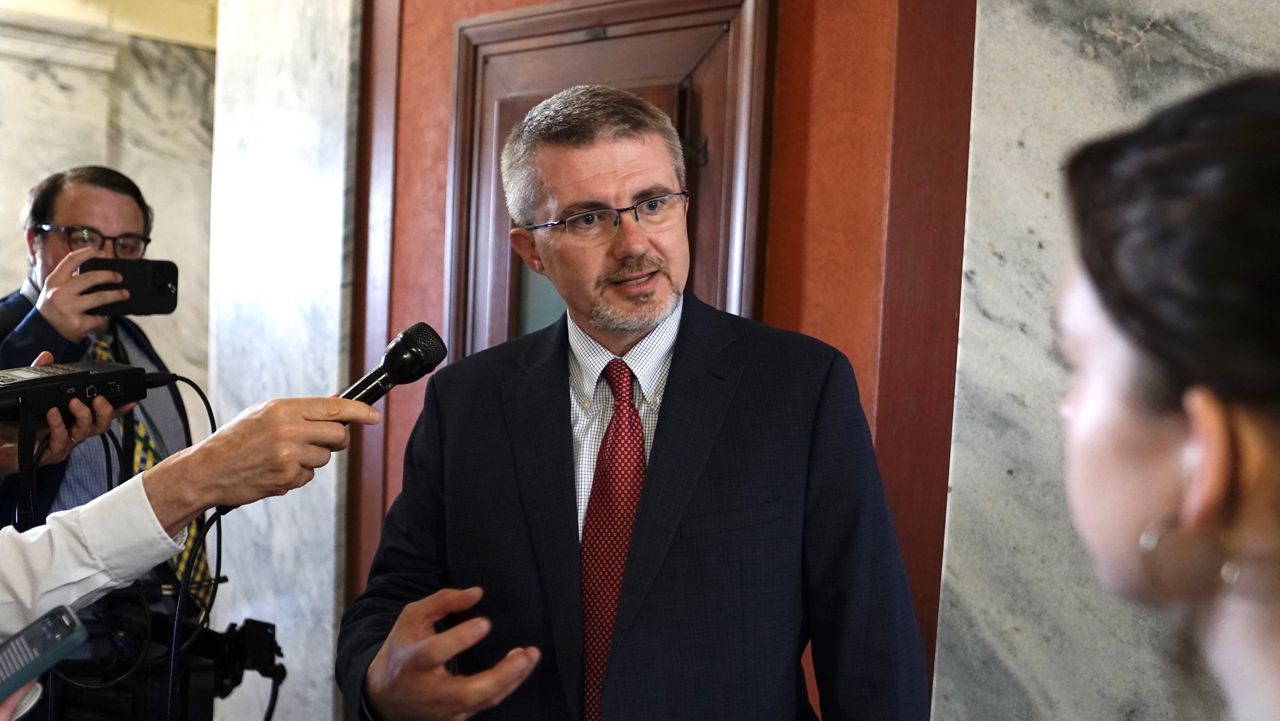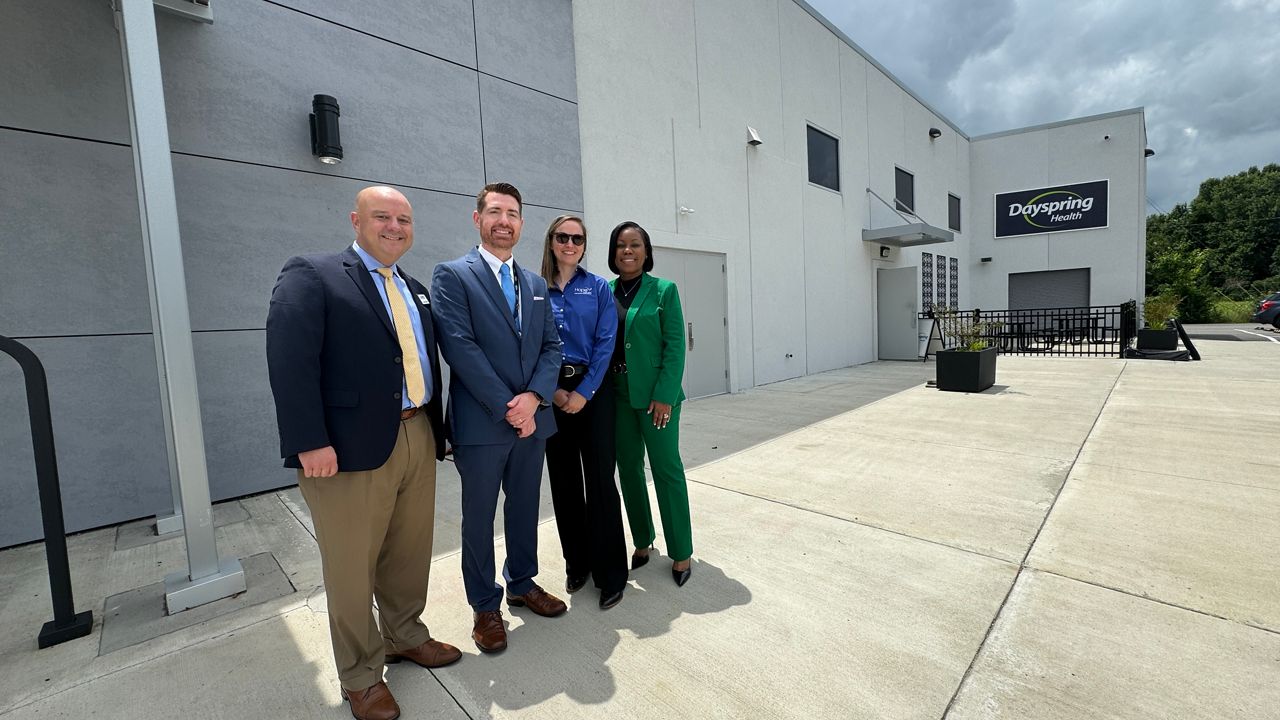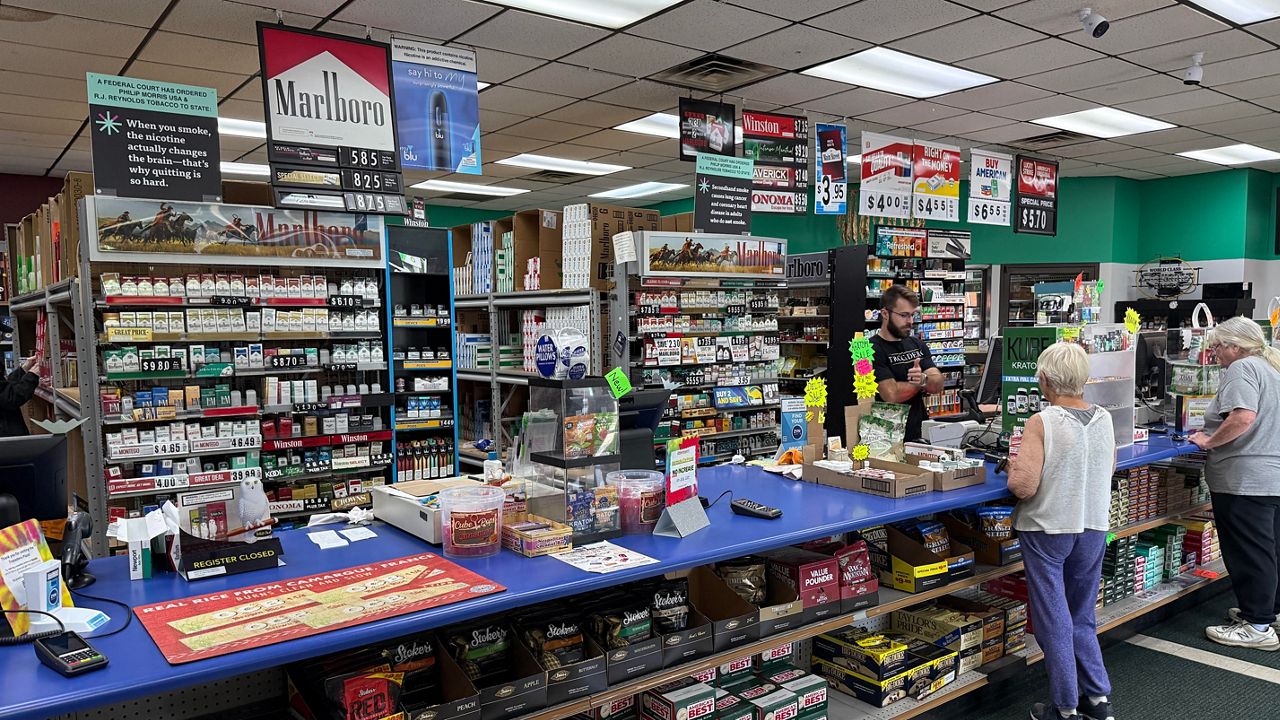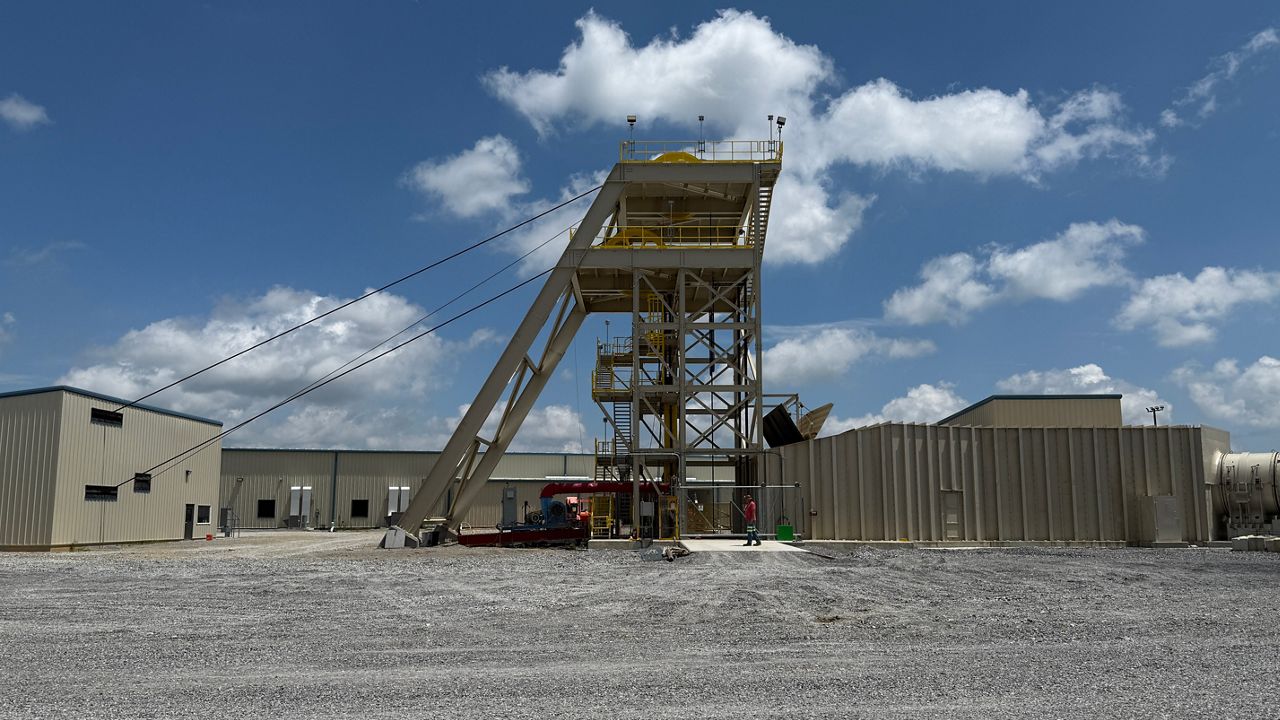GEORGETOWN, Ky. — Every day, first responders provide lifesaving help to people all across Kentucky, even risking their safety.
Now responders in Georgetown will have support to help them after handling serious incidents.
Scott County native and longtime paramedic, Cody Money, said he comes from a long line of first responders.
He said it’s why he understands the importance of caring for one’s mental health as an Emergency Management Services professional and is now part of a team that ensures others do the same.
“There weren’t a lot of resources for first responders and mental health. So we started this new program, and we have extended it to every agency in Georgetown, Scott County,” Money said.
Those agencies include Georgetown-Scott County EMS, law enforcement, fire, the coroner’s office, dispatchers and hospital emergency room staff.
Each agency now has access to mental health resources.
The program was started two years after the death of Scott County sheriff’s deputy Caleb Conley, who was shot and killed during a traffic stop in 2023.
“I think when Deputy Connelly passed, that was a big thing for me to push to be better at my job and focus on what I’m doing a lot more,” said 911 dispatch supervisor Sarah Wilhoite.
The program will hold debriefings after an incident and support those directly involved.
“I think if we can talk to each other more, we’re going to be taking home a lot less because we go home and we don’t want to talk about it to people that are in this. They don’t see or hear what we see or hear. And that’s a lot of stress that we carry home with us,” said Wilhoite.
Andrew Tackett is a deputy coroner and said they’ve needed an outlet.
“I always try to have that one person I talk to about things, and that’s usually my wife. She’s a doctor at a hospital in Lexington, so she’s somebody that I can usually talk to. But even then, there are things I don’t want her to know. There’s baggage,” Tackett said.
According to the National Institute of Mental Health, about one half of all U.S. adults will experience at least one traumatic event in their lives, but most do not develop PTSD.
Money said, “A first responder sees that daily. That’s why this new team for critical incidents and peer support is so critical because we’re exposed to so much traumatic cause. We want to make sure that we are mentally prepared for the next shift.”
The program offers single, peer and department-based debriefings and outside resources.
The group had its first collective meeting at the start of June.









)
